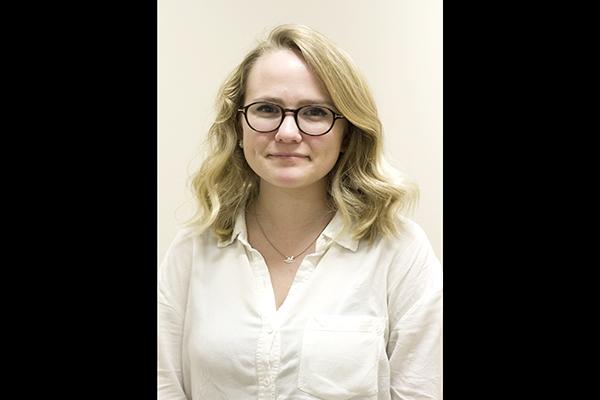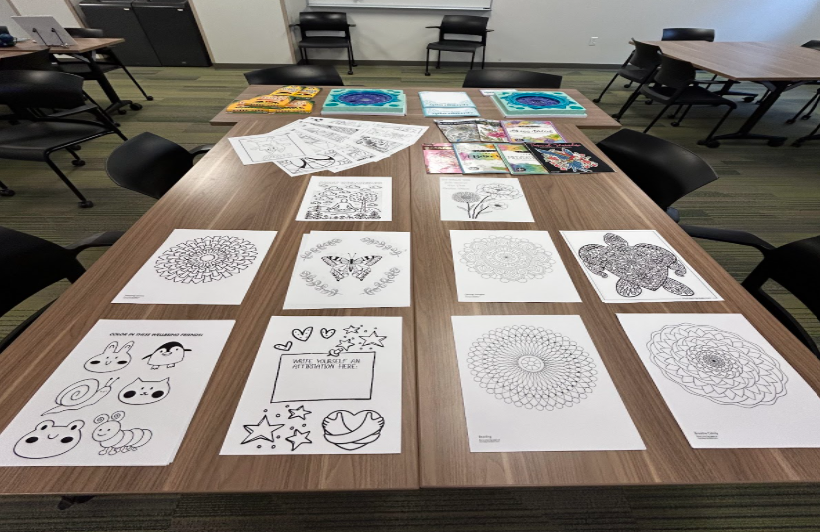I hate to be cliché, but studying abroad was a life-changing experience and will likely remain the best five months of my life. I studied in London, England for the 2015 winter semester.
London is one of the largest and most diverse cities in the world, and while there, I was able to experience a rich historical and multicultural environment.
I made friends from across the globe and was able to travel throughout the United Kingdom and Europe. From attending the theatres to socializing at pubs to exploring the numerous parks, there was always a new experience to have. Not a day goes by that I don’t think about my time there.
Feeling the way I do about studying abroad, it’s hard to imagine that only one and a half percent of undergraduates in the U.S. will study abroad during their college careers, according to the National Association of Foreign Student Advisers. NMU’s International Programs Office says that these statistics hold true for the students of Northern.
It’s not that students don’t want to travel—travelling seems to be an inherent desire to the 20-something—but that not all students think an international education is attainable.
Often cited as hindrances are cost and safety. When a university education is already leaving students thousands of dollars in debt, time abroad seems unfathomable.
And though we do live in a global society, many are still wary of venturing out into the world in fear that some threat lurks unseen.
The cost doesn’t have to be over the top, though. Northern offers many study abroad programs that are comparable to what students pay to attend NMU. There are a variety of exchange programs and partner universities that help students save.
Additionally, there are study abroad specific scholarships offered by NMU and outside sources to help cut costs. Never doubt the power of careful budgeting and planning; they go a long way when preparing for time abroad.
Though it can be expensive, it’s really an investment into the future. According to iesabroad.org, 97 percent of study abroad alumni secured a job within one year after graduation, compared to only 49 percent of respondents in the general college graduate population.
When I was getting ready to go to London, the only thing my mom would tell was to be careful.
It can be scary going to a foreign place, but a lot of the times the same rules of safety that apply domestically also apply internationally.
Don’t go to places you’re told to stay away from. The people telling you this know what they’re talking about, so listen to them.
Always let someone know where you are and where you are going. It can be fun meeting new people, but have a healthy level of skepticism. Be aware of your surroundings and your belongings, and respect the culture you’re in.
One of the greatest ways to dispel the fear of unfamiliar countries, cultures and people is to travel globally and gain a strong sense of diversity.
Open yourself to new and unexpected situations you wouldn’t be in back home. But most importantly, be willing.
Many of the opportunities students face while abroad are once in a lifetime, so seize the opportunities before they’re gone.
By saying yes to new experiences, it allows growth and future opportunity. After studying abroad, I promise, you will not be the same person you were before you left.


























carebear • Nov 19, 2015 at 8:11 am
GREAT life experience! So HAPPY YOU took the adventure! I hope more students will take the “study abroad ” opportunities available to them! !!